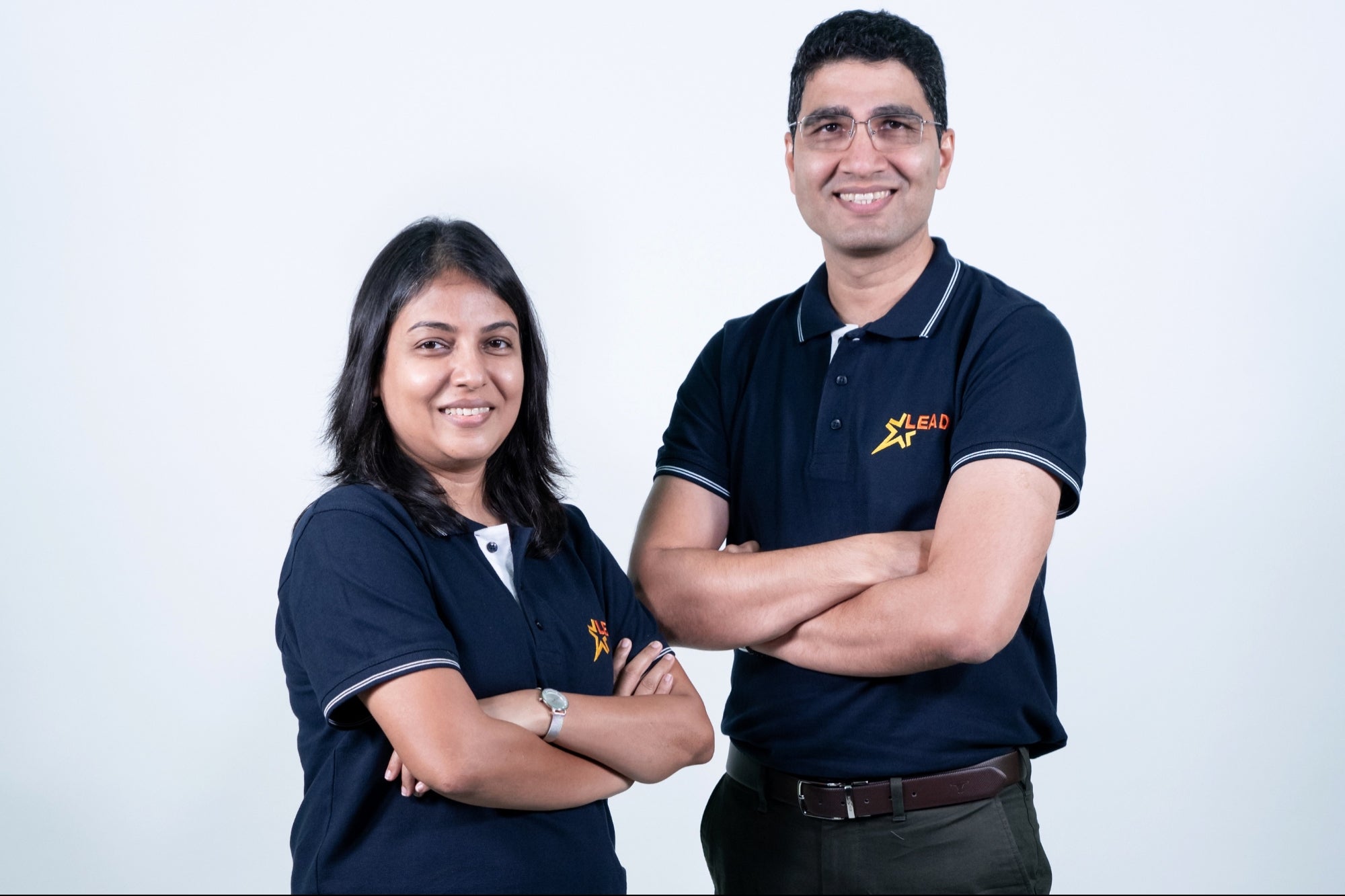LEAD Becomes First Edtech Unicorn Of 2022 The platform has raised $100 million in Series E funding led by WestBridge Capital and GSV Ventures
Opinions expressed by Entrepreneur contributors are their own.
You're reading Entrepreneur India, an international franchise of Entrepreneur Media.

LEAD, India's largest school edtech player, has raised $100 million at a valuation of $1.1 billion to continue its mission of transforming schools in India. With this, Lead becomes the first edtech Unicorn of 2022.
The Series E funding round was led by WestBridge Capital and GSV Ventures.
The company plans to use the proceeds to achieve its vision of providing quality affordable education to 25 million-plus students with an annual revenue run-rate of $1 billion. Immediate focus would be on curriculum innovation, growth and hiring top talent across functions. In the long term, the company plans to go deeper in the country to serve students in lower fee schools and expand internationally in similar geographies.
"A child spends six hours in school and only one hour in tuition. Transforming schools, when done right, has massive potential to alter our country's future. LEAD, with its integrated school system, has broken new ground in this direction. Our intense focus has been on learning outcomes and life success of our students and this has resulted in not only strong adoption and retention by schools but also interest from investors who value returns with real impact. We're extremely thankful to our team for staying true to our mission and helping take LEAD to all corners of the country," said LEAD co-founders Sumeet Yashpal Mehta and Smita Deorah in a joint statement.
"We are extremely proud of LEAD's success as the largest school edtech provider in India. LEAD's growth last year, despite COVID-19 disruptions, underlines its consumer first approach and deep focus on learning outcomes. We are excited to double down our investment in LEAD, to support its mission of transforming the education sector in India," said Sandeep Singhal, MD of WestBridge Capital.
The company's valuation has doubled in the last nine months on the back of strong growth in its operating and financial metrics. The current round is its fifth round of institutional funding since 2017.
Founded by Sumeet Yashpal Mehta and Smita Deorah in 2012, LEAD has been transforming core schooling in India with its innovative full-stack solution. Over the years, LEAD has been making global-standard education accessible and affordable to students, especially in non-metro cities, added the statement.










